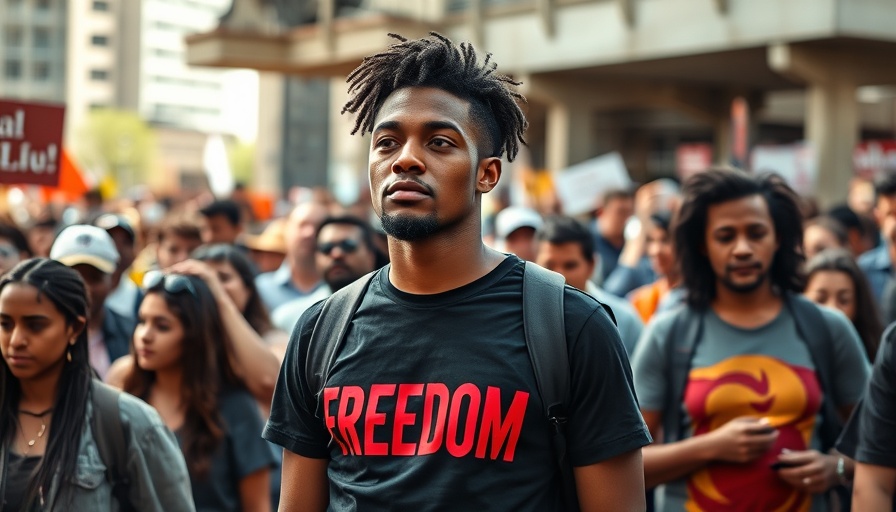
A Controversial Figure's Unraveling Comments
The tragic assassination of Charlie Kirk has unleashed a torrent of scrutiny on his past remarks, specifically concerning his reaction to the 2022 hammer attack on Paul Pelosi. In a discomfiting twist, Kirk had previously downplayed such politically motivated violence, positing bizarre allegations and dismissing the serious implications of attacks on political figures. His comments reflect not only a troubling trend of normalization surrounding political violence but also raise significant questions about accountability in the face of tragedy.
The Double Standard in Political Rhetoric
Kirk's death has ignited divisive conversations, particularly about the gaslighting of political violence. While many on the right have rallied around him, praising his unapologetic stance, others recoil at his flippant dismissal of an attack that left Pelosi and many others shaken. Such a stark contrast illustrates the ongoing double standards in political discourse. The right-wing narrative often vilifies the left, labeling it violent, while remaining silent on violent acts committed within its own ranks—a narrative that is likely to persevere in news cycles in the weeks following Kirk's death.
The Context of Violence and Accountability
The previous comments made by Kirk during the violent episode against Pelosi, where he suggested the event was linked to absurd conspiracy theories, raise alarms about the responsibility of public figures in shaping political dialogue. They underscore an unsettling trend in which serious acts of violence are politicized and trivialized for personal gain. Media reactions, including those from prominent figures like President Donald Trump, often fail to address these discrepancies, as demonstrated in Kirk's aftermath, where political motivations are exploited or ignored based on alignment with the political agenda.
Future Repercussions and Reflections
The future of political discourse in America is significantly impacted by this incident. How public figures address violence and the messages they send can shape not only individual perceptions but also broader societal norms surrounding acceptable forms of speech and action. Understanding these dynamics is crucial for engaging meaningfully with current events, as the lines between satire, hypocrisy, and genuine rhetoric continue to blur in a charged political atmosphere.
Conclusion: The Imperative for Integrity
As the debate around Kirk’s remarks simmers and reiterates the necessity for responsible speech in a precariously polarized climate, we must recognize the profound implications of how we address political violence. Citizens and politicians alike should engage with these events thoughtfully, allowing for a deeper understanding of the ramifications of careless rhetoric.
 Add Row
Add Row  Add
Add 




Write A Comment